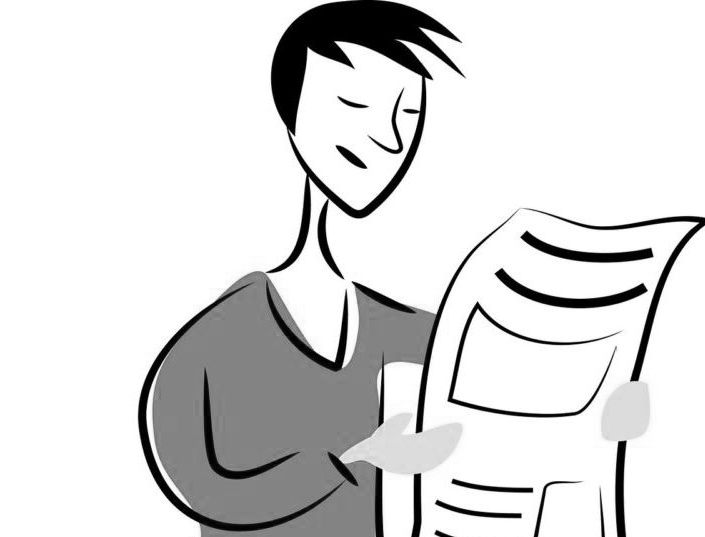Searching for a sign of anxiety attacks is kind of looking for a needle in a haystack. The thing it is not quite as concrete. At least with the needle, once you’ve found it you know that it’s a needle; it feels like a needle, it looks like a needle, and it likely is a needle. With a of anxiety attacks, it could just as likely be a symptom to a great misdiagnosed problem as it could be a sign of anxiety attacks. Seeking good professional help is the most important key to solving this mystery.
Fear is your body’s natural reaction to a lot of outside stimuli. It is normal for the body to react in such a way as to become anxious or fearful because this often protected our ancestors from a lot of problems and harm. It is not normal, however, for our bodies to be overtaken with fear to the point that physical symptoms begin to arise because of it. When this happens, it is usually the sign of a larger problem.
There are many common types of anxiety: fear, panic, worry, dread, obsession, and compulsion are just a few. Clearly, anxiety comes in a variety of forms and is not only represented by fear. It is also quite common. Most people experience anxiety in some form, experiencing it before or after stressful situations like a traumatic event or an important meeting with the boss of your company. Other times the anxiety comes quickly and without warning and for no reason at all.
Anxiety can Affect your Relationships
An anxiety disorder is a more disabling feeling of anxiety that actually is constant and consuming. Anxiety disorder causes people to completely withdraw emotionally and often physically from their family and friends. It can cause people to withdraw indoors and avoid social activities for reasons involving fear. An anxiety attack, conversely, is an unexpected episode that usually involves fear as oppose to an overwhelming feeling.
A sign of anxiety attacks can be anything from irregular heartbeats to chest pain. They also include: shaking, twitching, trembling, hot flashes, chills, “rubber legs”, tingling in extremities, difficulty sleeping, unpredictable sleeping patterns, body tension, aches and pains, sweating, clamminess, and stomach problems such as nausea or “butterflies”.
There are also emotional signs including: fearfulness, a feeling of terror, insecurity, incredible self-consciousness, irritability, apprehension, dread, a desire to escape, a feeling you are going to perish, and other frightening emotions. These emotions are sometimes very hard to deal with. It is always recommended that you discuss your findings and experience with your doctor. Your doctor can direct you in the right direction for getting help and ending your anxiety.






